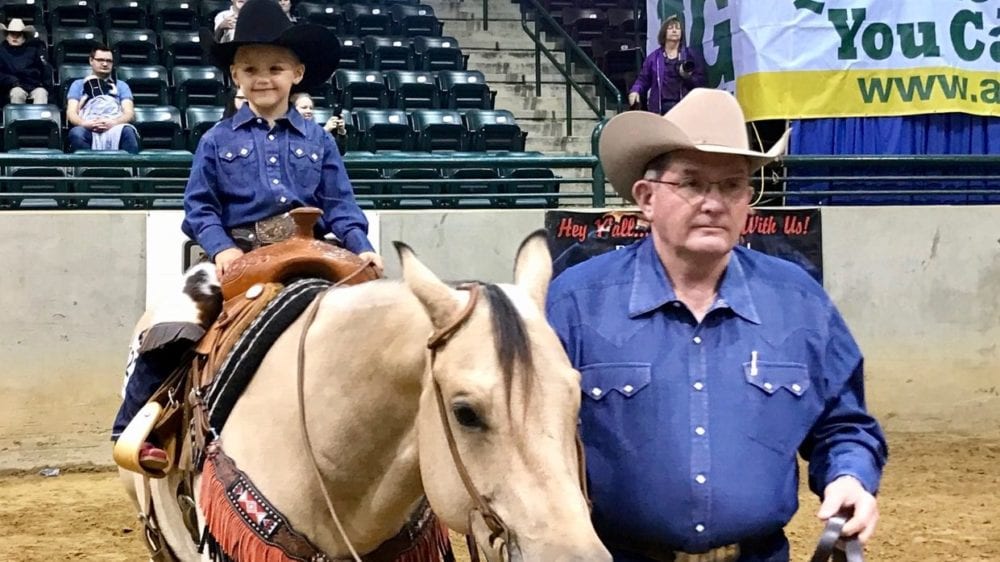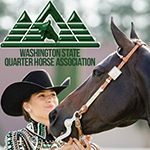The popular saying, “everybody starts somewhere,” couldn’t be more applicable to the equine industry. Every rider starts as a beginner, and we need to re-prioritize the importance of helping beginners in our industry to keep it growing for years to come.
AQHA Professional Horsemen Tom McBeath and Lindsay LaPlante are passionate about teaching kids and adults how to ride. They know that the grassroots level, like 4-H, YEDA, IEA, IHSA, and open shows, is where beginner riders are introduced to the horse show world. Many of these riders will be the ones that move up and become our next world champions.
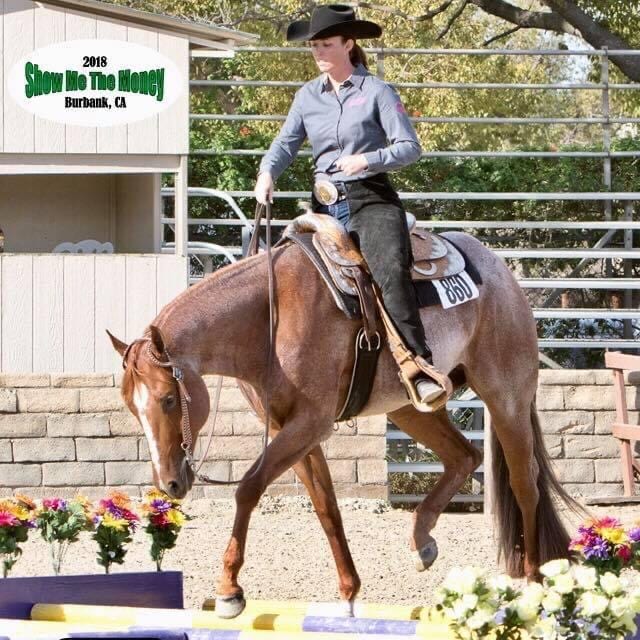 AQHA World Champion Lindsay LaPlante, who lives in Escondido, California, says that teaching novice or beginner riders is “one of the most important aspects to keep our industry thriving.”
AQHA World Champion Lindsay LaPlante, who lives in Escondido, California, says that teaching novice or beginner riders is “one of the most important aspects to keep our industry thriving.”
AQHA Professional Horseman Tom McBeath of Union, Mississippi, agrees, “Without new participants, our shows will eventually go away. Riders, primarily youth, come up through the ranks and often eventually step away from shows to attend college, get a job, or start a family.”
McBeath places great importance on keeping new riders interested in the industry, but emphasizes that beginners don’t always have to be kids. Tom stresses that it is crucial to maintain the interest of individuals of all ages. “Many adults have always wanted to ride but never found the time and often learn to ride alongside their children,” said Tom.
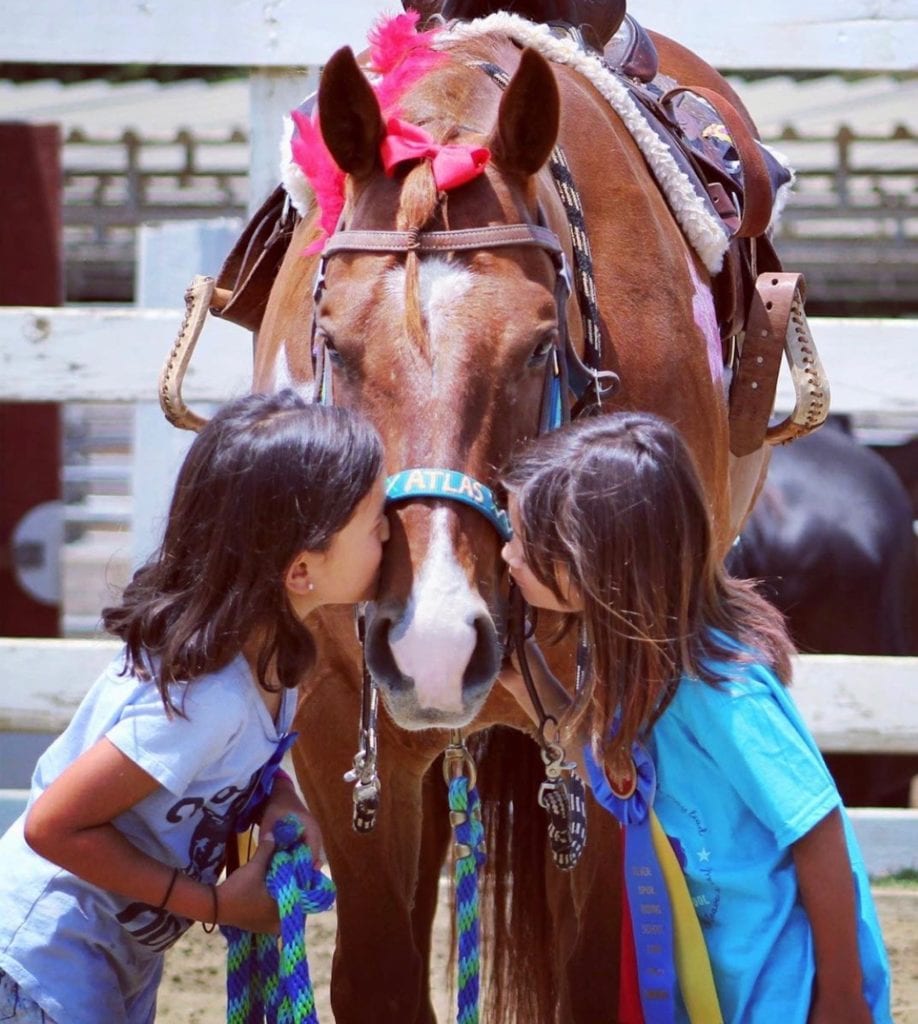 LaPlante, whose passion is teaching beginners, states that many trainers hesitate to accept novice riders into their program. “They undervalue the importance of teaching lower-level lessons,” Lindsay said. “This mindset will often cause new riders to switch disciplines, stick to recreational riding, or leave the horse world altogether.”
LaPlante, whose passion is teaching beginners, states that many trainers hesitate to accept novice riders into their program. “They undervalue the importance of teaching lower-level lessons,” Lindsay said. “This mindset will often cause new riders to switch disciplines, stick to recreational riding, or leave the horse world altogether.”
For those who hesitate to accept and teach newbies, she recommends “finding a knowledgeable assistant who can teach the beginner on quiet, well-trained lesson horses.”
For Lindsay, coaching someone to ride from the ground up only makes a program stronger. “You can mold them into the rider you want, instilling a solid foundation in their skills, and build a loyal customer for years to come,” she said.
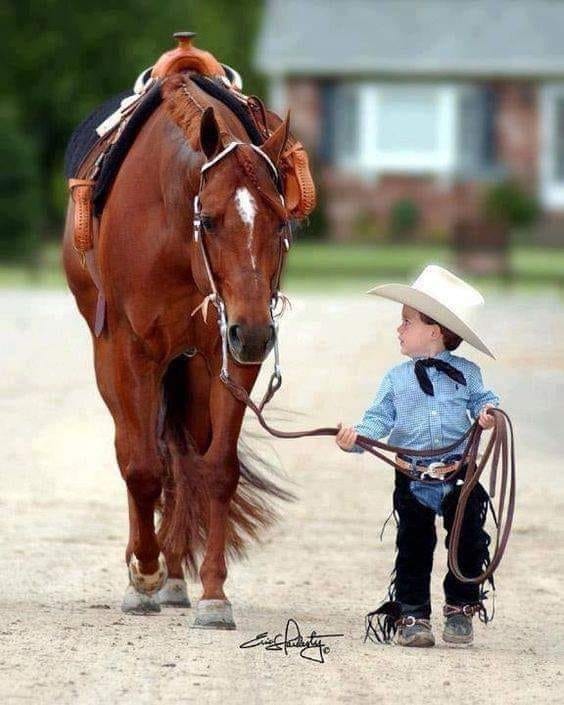 Taking novices to local one-day or weekend shows is an essential avenue for beginners to experience. McBeath encourages beginners to go to open shows first. “They need the experience and the arena time,” he said. “Then, when these clients do begin to go to the larger shows, they can get their money’s worth.”
Taking novices to local one-day or weekend shows is an essential avenue for beginners to experience. McBeath encourages beginners to go to open shows first. “They need the experience and the arena time,” he said. “Then, when these clients do begin to go to the larger shows, they can get their money’s worth.”
McBeath notes, “It’s so important that individuals learn how to ride, then learn to show, and then learn to compete.”
LaPlante agrees, “Local shows are an ideal stepping stone for your novice riders before purchasing a show horse and competing at the breed shows.”
McBeath has clients of all levels of experience. “I enjoy teaching and watching people make progress and develop as riders. Everyone starts somewhere, and without people promoting the different levels of shows, they are not going to stay in it,” Tom continued. “Not every person’s goal needs to be a world champion.”
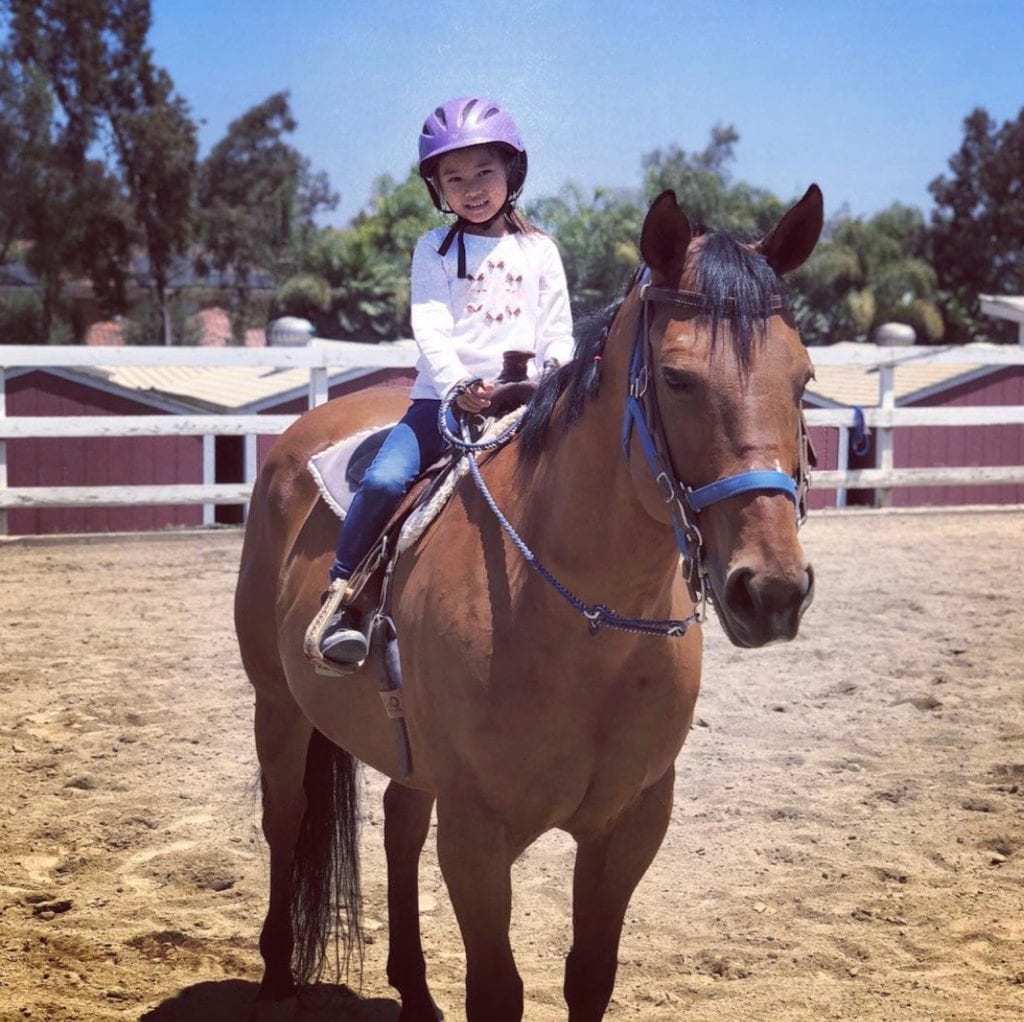 Lindsay adds, “If trainers can create a safe, welcoming, and fun environment for beginner lessons, these customers will quickly catch the ‘horse bug’ and want to lease, purchase or show with your program eventually.”
Lindsay adds, “If trainers can create a safe, welcoming, and fun environment for beginner lessons, these customers will quickly catch the ‘horse bug’ and want to lease, purchase or show with your program eventually.”
McBeath agrees, “There are so many opportunities for people to come into the industry, show, compete, and gain so much from it.”
LaPlante concludes, although seasoned exhibitors are the goal, it is “equally important to encourage new riders. Ultimately, it’s up to the trainers and their customers to ensure our horse show community will be here for years to come.”


